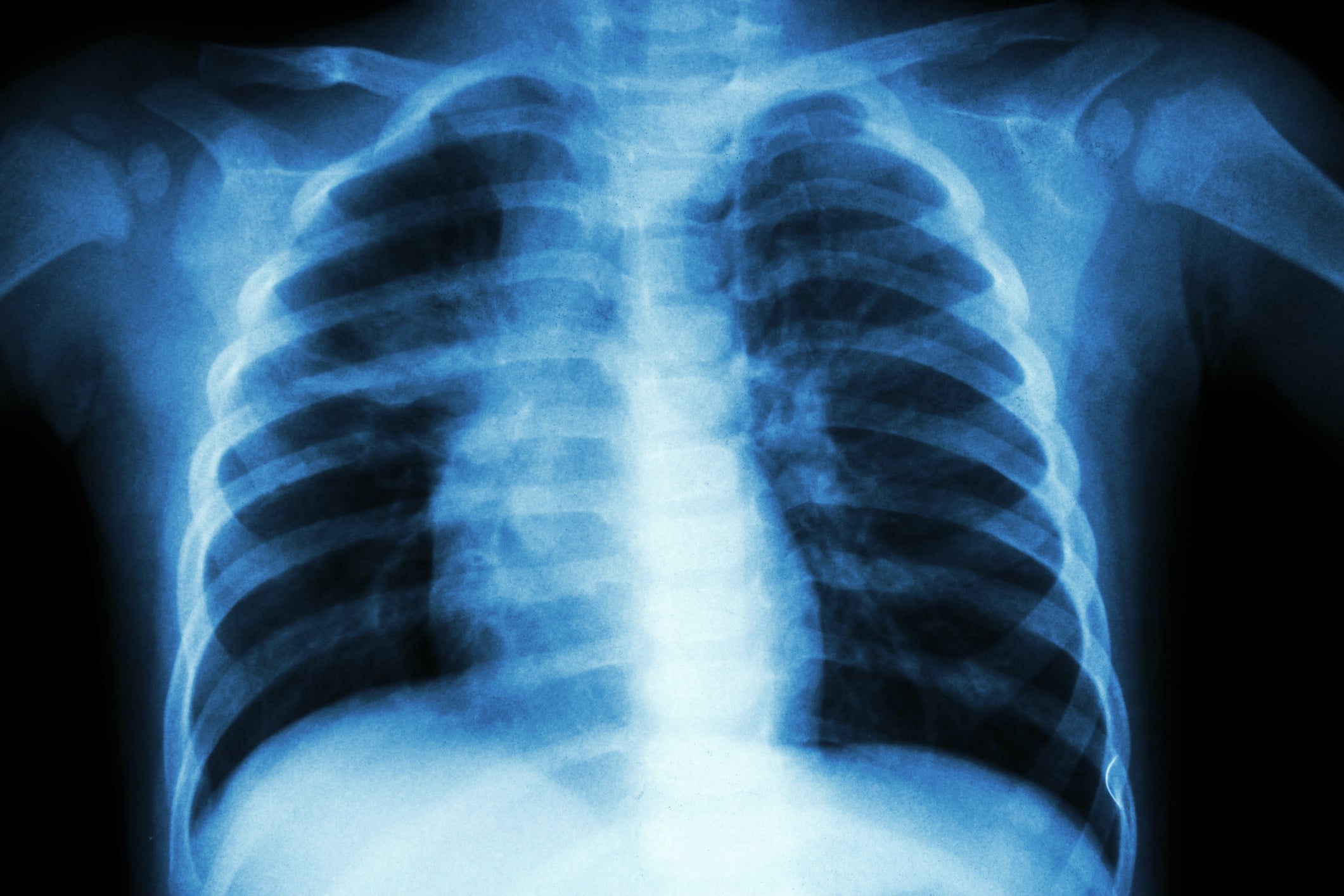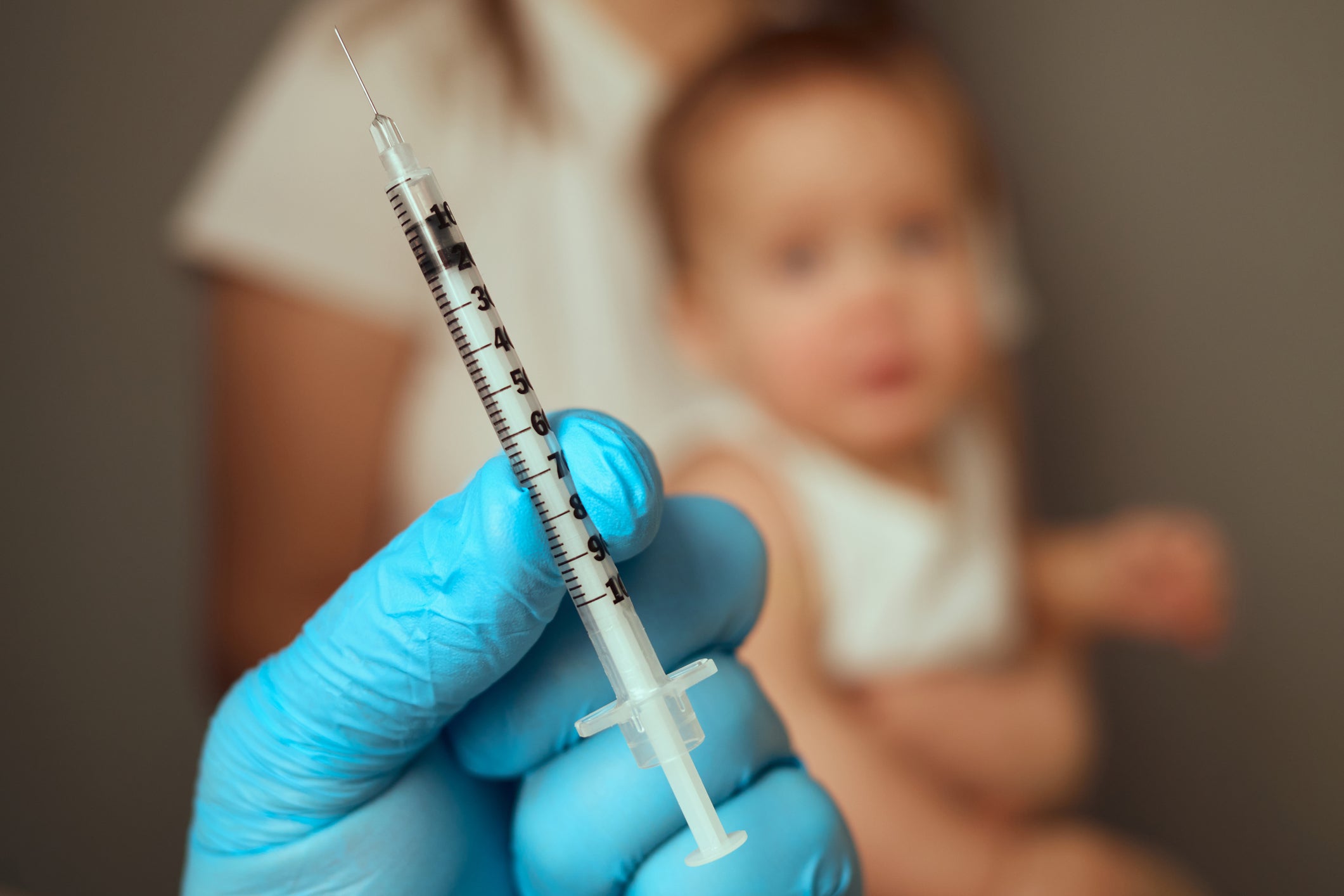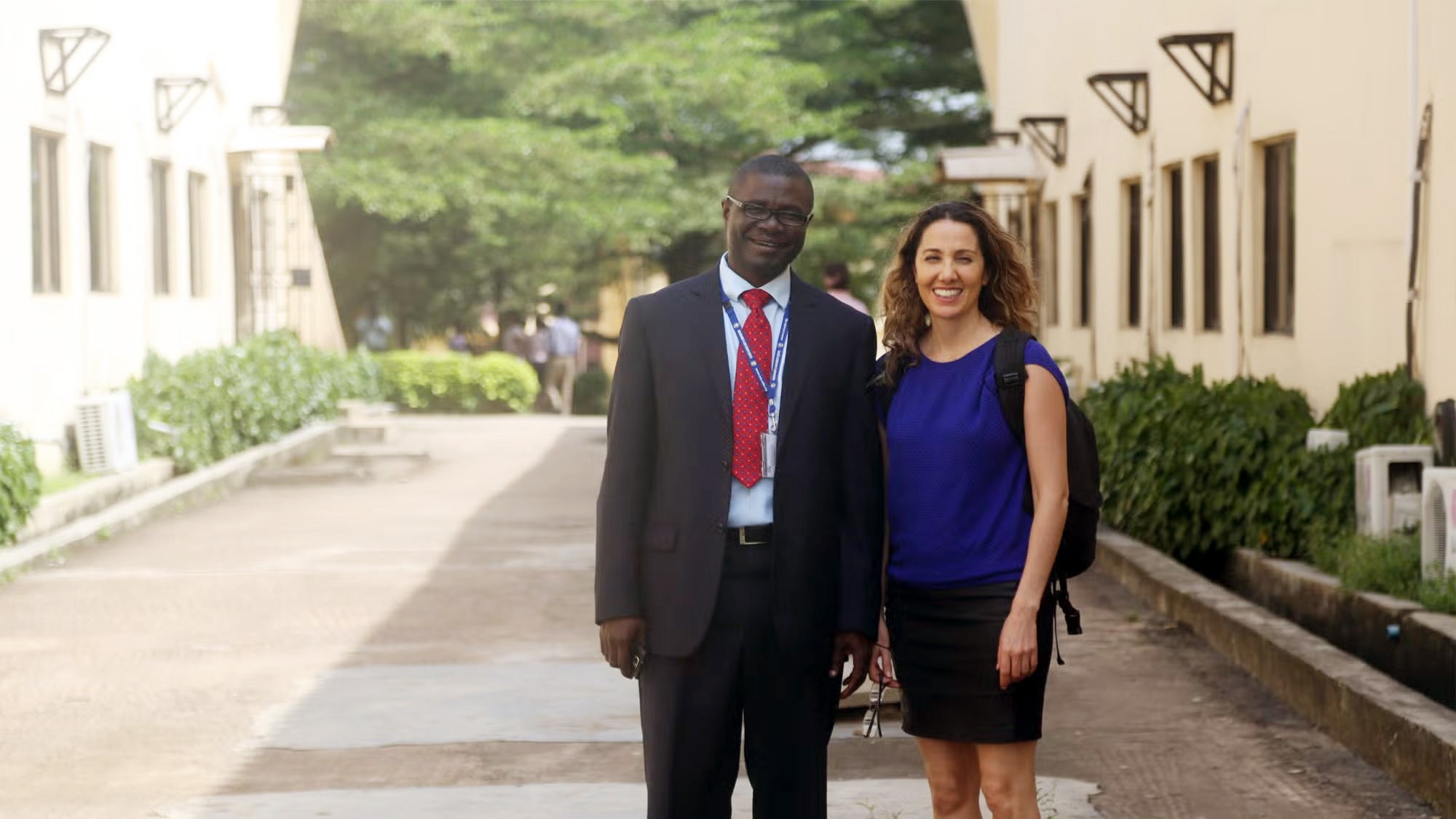RFK Jr. moves on vaccines could have broad ramifications for public health, says expert

Yonatan Grad, professor of immunology and infectious diseases at Harvard T.H. Chan School of Public Health, comments on the potential impact of recent decisions related to vaccines made by Health and Human Services Secretary (HHS) Robert F. Kennedy Jr.
Q: On June 9, RFK Jr. fired all 17 members of the Centers for Disease Control and Prevention’s (CDC) Advisory Committee for Immunization Practices (ACIP), the panel that helps guide the CDC’s vaccine decisions. Two days later, he named eight new members to the panel, including several vaccine critics, according to news reports. What is your reaction to these changes?
A: ACIP has long been a trusted and valued source of guidance on vaccines and vaccination policy. The stature of ACIP is conferred by the people who have been on it, who have been vetted and who are experts in infectious diseases, in vaccines, in clinical trials, and by their rigorous and transparent evaluation of scientific and clinical data. The new members of ACIP are hand-picked by RFK Jr. and most have no evident expertise in vaccines, clinical trials, or infectious diseases. Many of them have been critical of vaccines.
This wholesale replacement is consistent with RFK Jr.’s vocal opposition to vaccines and means that we can anticipate that policy emerging from this new ACIP will be shaped by an anti-vaccine attitude. Take, for example, the change in guidance from HHS—issued without going through the formal review process and before the replacement of the ACIP members—to no longer recommend COVID-19 vaccines for children and during pregnancy. We should expect more of the same.
There are implications for insurance coverage, as insurers are required to fully cover ACIP-recommended vaccines. Pulling back on vaccine recommendations could then result in only those who can afford vaccines getting immunized, a situation that would exacerbate health disparities.
What happens when the inevitable conflicts arise between this new ACIP and medical societies—many of which have already objected to the HHS decision not to recommend COVID-19 vaccination in pregnancy? Where do people go for trustworthy information? Will private insurance companies, Medicare, and Medicaid cover vaccine costs even if the vaccines are not recommended by ACIP?
It’s not clear how this will play out, but we should be concerned that reductions in vaccination rates will result in illness and suffering that could have been prevented.
Q: In explaining his firing of the former ACIP members, RFK Jr. wrote in a Wall Street Journal commentary that the committee “has been plagued with persistent conflicts of interest.” Is there validity to this claim?
A: The former ACIP members are well-respected experts who were rigorously vetted, who disclosed their conflicts of interest—existing and potential—as part of the evaluation process, and who are subject to stringent rules around conflicts while serving on ACIP. It seems that RFK Jr. was deliberately misleading about the extent of conflicts and implied nefarious hidden motivations to justify firing all of the ACIP members and undermining the legitimacy of their recommendations.
Q: RFK Jr. has made other recent moves having to do with vaccines, including launching a government study on autism led by someone who has previously promoted debunked links between vaccines and autism; changing recommendations for COVID vaccines; and pulling back on vaccine research and development, such as canceling a contract with drug company Moderna to develop a new flu vaccine using mRNA technology, which was used to make COVID vaccines. Can you comment on the impact of these moves?
A: These moves are in keeping with an agenda to undermine confidence in vaccines and in science. Take the autism example. There is already extensive evidence showing that vaccines do not cause autism—why do we need another study, unless those doing it want a different answer? It’s hard not to think that this new study has a predetermined conclusion.
The changes in recommendations for COVID vaccines are of a piece with the overall anti-vaccine agenda. As laid out in the statement from many medical organizations objecting to the changes, there’s strong data laying out both the severe consequences of COVID-19 and the safety and effectiveness of COVID-19 vaccination during pregnancy.
The termination of the contracts for vaccine research is alarming and particularly insidious. These moves prevent advances in knowledge that could have led to new ways of reducing illness and suffering.
I have a similar concern about the reduction in funding for biomedical research in this country and the efforts to prevent the best students in the world from coming to the U.S. to do their work and contribute to science. While it’s hard to quantify the gains we won’t see—the advances in new treatments for a wide range of conditions that are now stymied—you can look at all the recent new treatments for cancer, obesity, heart disease, and other advancements and know that the engine that has led to all that innovation is going to slow and sputter.
Q: More than 1,000 cases of measles have been confirmed in the U.S. so far this year, making it one of the worst outbreaks of the disease since 2000. That year, measles was declared eliminated due to the success of vaccination efforts, according to the CDC. What are your thoughts about what is driving this current outbreak and about the government’s response?
A: As of June 13, the CDC reported 1,197 confirmed cases of measles in the U.S.— certainly an underestimate of the total number of cases—and three deaths.
A critical point here is that measles is preventable. The vaccine works exceptionally well. Two doses of the vaccine are 97% effective at preventing measles and a single dose is 93% effective. We’re having these big outbreaks because measles—which is highly contagious—is spreading among populations of unvaccinated individuals.
The government’s response should be to heavily promote vaccination with the MMR [measles-mumps-rubella] vaccine. Instead, we’ve seen the HHS secretary incorrectly state that there are—in his words—”many, many good ways to treat measles.” There aren’t. There is no cure for measles, and it is irresponsible to promote, as he has done, clarithromycin [an antibiotic] and budesonide [a corticosteroid] as cures.


